THE MICT SECTOR AT A GLANCE
The MICT SETA’s mandate is to contribute to increasing skills development and upskilling those in the sector or seeking employment.
The organisation aims to equip South Africa’s population with the necessary technological skills to thrive and survive in the modern digital world. MICT SETA plays a strategic role in leading the MICT sector skills-development system in support of the meaningful economic improved socio-economic conditions. This is achievable through sector skills planning, SETA funding, quality assurance, and learning programmes.
The MICT sector comprises various helping it deliver quality, innovative skills that contribute to national economic growth. The SETA includes entrepreneurship and new venture creation in several of our learning programmes for job creation and the strengthening of SMMEs.

MICT SETA Sub-Sectors
The MICT SETA is made up of employers within five sub-sectors that are interrelated but also distinct and identifiable.
Information Technology
Telecommunications
Electronics
Film and Electronic Media
Advertising

Employers are technology companies within South Africa that are key to the functioning of MICT SETA
Employers are technology companies within South Africa that are key to the functioning of MICT SETA as they contribute levies to drive the various occupations that are required by South Africa. They assist us by identifying skills that are in short supply, therefore, creating a higher demand.
As of current, the MICT sector comprises of 32985 employers across five sub-sectors. This represents a 7% decrease from the 35569 employers in the previous financial year. Only 8896 of the current employers are paying levies, down 2% from 9093 in the last financial year.
